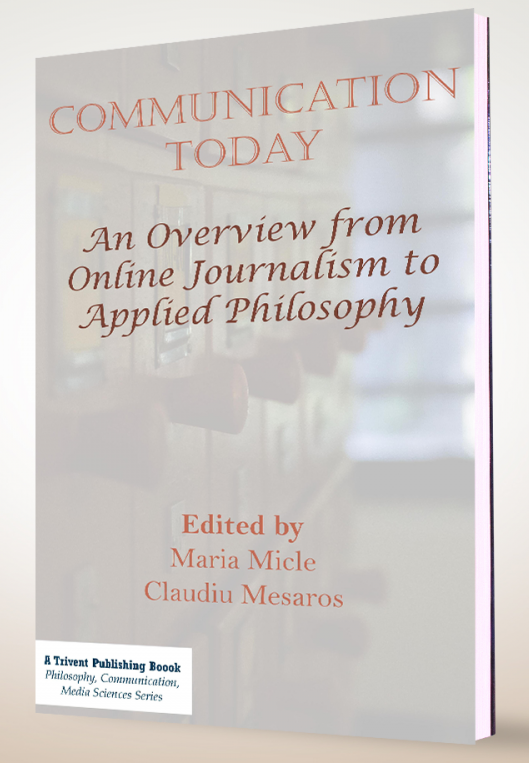The Role of Non-Formal Education in the Construction of the Social Identity of Ethnic Minorities
The Role of Non-Formal Education in the Construction of the Social Identity of Ethnic Minorities
Case Study: Ethnic Turks and Tatars in Romania
Author(s): Melinda Dincă, Dan LucheșSubject(s): Anthropology, Social Sciences, Education, Culture and social structure , Social development, Social differentiation
Published by: Trivent Publishing
Keywords: Social Identity; Cultural heritage; Muslim communities; Turks; Tatars; Non-formal education;
Summary/Abstract: Turk and Tatar communities from Romania conform to Islamic religious practices, share a common language, and have the capacity to preserve their cultural heritage. Our research focuses on the description (from the perspective of the subjects) of the main socialization agents in preserving the social identity of Turks and Tatars. Data collection was performed using direct non-participant observation, semi-structured individual interviews and visual investigative techniques of social networks. Written documents such as journal publications and data from official social statistic reports were also used. The empirical research was carried out between 2012 and 2014, and included over 100 interviews with Turk and Tartar individuals, as well as representatives of their ethnic organizations. The analysis shows that social identity is mainly shaped by non-formal education, inside the family, ethnic community, and social network constructed in relation to their own ethnic group.
Journal: Philosophy, communication, media sciences
- Issue Year: 4/2016
- Issue No: 4
- Page Range: 197-209
- Page Count: 13
- Language: English

